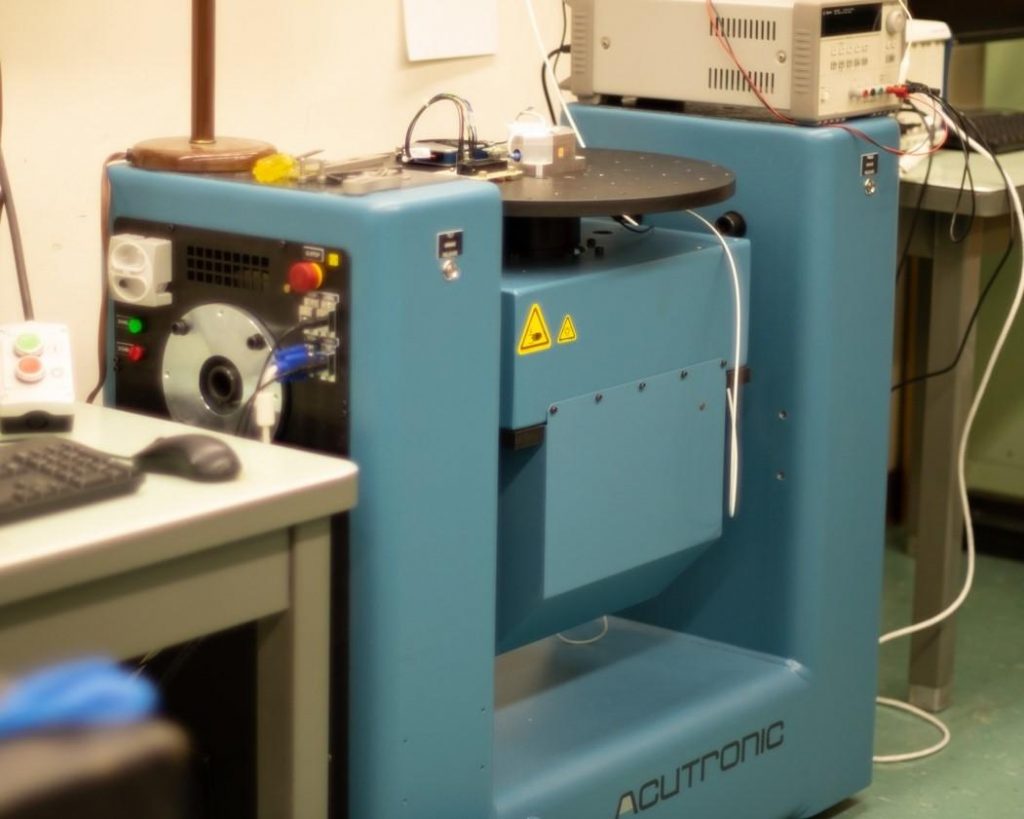Accelerometer calibration plays a pivotal role in fine-tuning motion analysis and significantly elevates research outcomes in various fields. An accelerometer is a crucial sensor used to measure acceleration and it finds extensive applications in sports science, biomechanics, robotics, healthcare and other areas that involve motion tracking and analysis. However, the accuracy and reliability of accelerometer data can be compromised due to inherent sensor errors, manufacturing imperfections and external factors like temperature variations or sensor misalignment. Calibration is the process of correcting these inaccuracies and ensuring that the accelerometer produces precise and consistent measurements. By performing calibration, researchers can achieve a high level of confidence in their data, leading to more robust conclusions and insights. The calibration process involves several essential steps, such as determining the sensor’s sensitivity, offset and cross-axis sensitivities. Additionally, researchers must account for temperature and environmental effects that could influence the accelerometer’s behavior.

One significant advantage of accelerometer calibration is its ability to enhance the accuracy of motion capture systems. In sports science and biomechanics, where precise movement analysis is critical, calibrating accelerometers helps capture subtle movements with greater fidelity. This improved accuracy allows for a deeper understanding of human motion, leading to better-designed training programs, injury prevention strategies and performance optimization for athletes and individuals. In robotics and autonomous systems, calibrated accelerometers are indispensable for precise motion planning and control. Calibration ensures that the robot’s actions are based on accurate sensor data, leading to more reliable and safe operation. Whether it is a drone navigating through complex environments or a robotic arm performing delicate tasks, accelerometer calibration is essential to avoid potential errors and ensure successful mission execution.
Moreover, in healthcare and medical research, accelerometers are increasingly used for monitoring patients’ movements and assessing their physical rehabilitation progress. Proper calibration of these sensors is vital to detect even slight improvements or setbacks accurately. By using calibrated accelerometers, healthcare professionals can make better-informed decisions, tailor treatment plans more effectively and objectively track a patient’s recovery over time. In summary, accelerometer calibration is an indispensable process that significantly elevates research across various domains. By addressing sensor errors and inaccuracies, calibration provides researchers with precise and reliable data, enabling them to draw meaningful conclusions and make informed decisions. The applications of calibrated accelerometers are range from enhancing sports performance and biomechanics studies contact now to improving robotic control and optimizing patient rehabilitation in healthcare. As technology advances and research demands become more sophisticated, the importance of accelerometer calibration will continue to grow, propelling motion analysis to new heights and revolutionizing how we understand and interact with the world around us.
